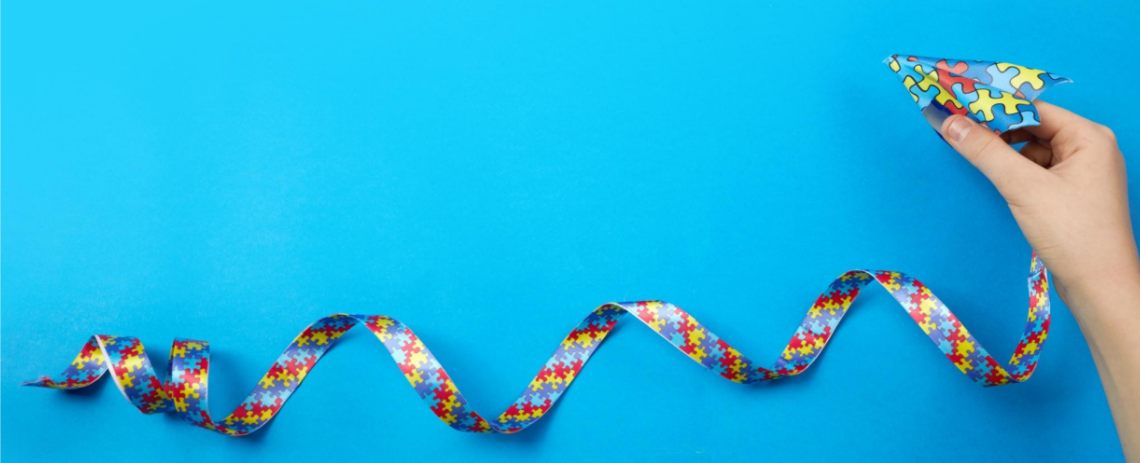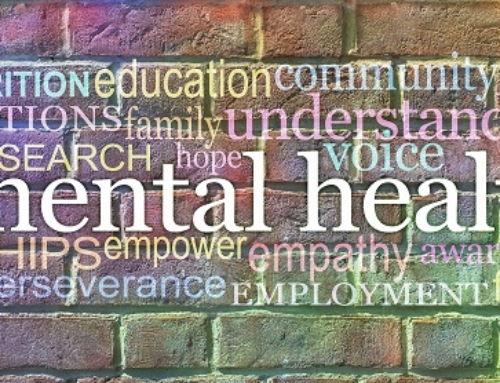Introduction
Autism is a condition for which we have symptomatic treatments. But no “cures”. Some people would say that “cure” implies that there is something not-normal with Autistic individuals. One way to think about it is that Autistic individuals are neurodivergent and sometimes treatment involves helping support them in their own unique developmental trajectory. Cure might not mean freedom from the core symptoms of someone who is neurodivergent but it might mean solution of a problem that these individuals might be facing. Like “cure” of a fever that a neurodivergent individual has. Or self harm or agitation that they are expressing.
Neurodivergent individuals are also liable to have difficulties like infections, bruises, depressive episodes or anger. It requires someone who knows this individual well, to be able to figure out what the person with Autism might be going through.
I have highlighted a few scenarios which I have seen being missed in individuals who are neurodivergent.
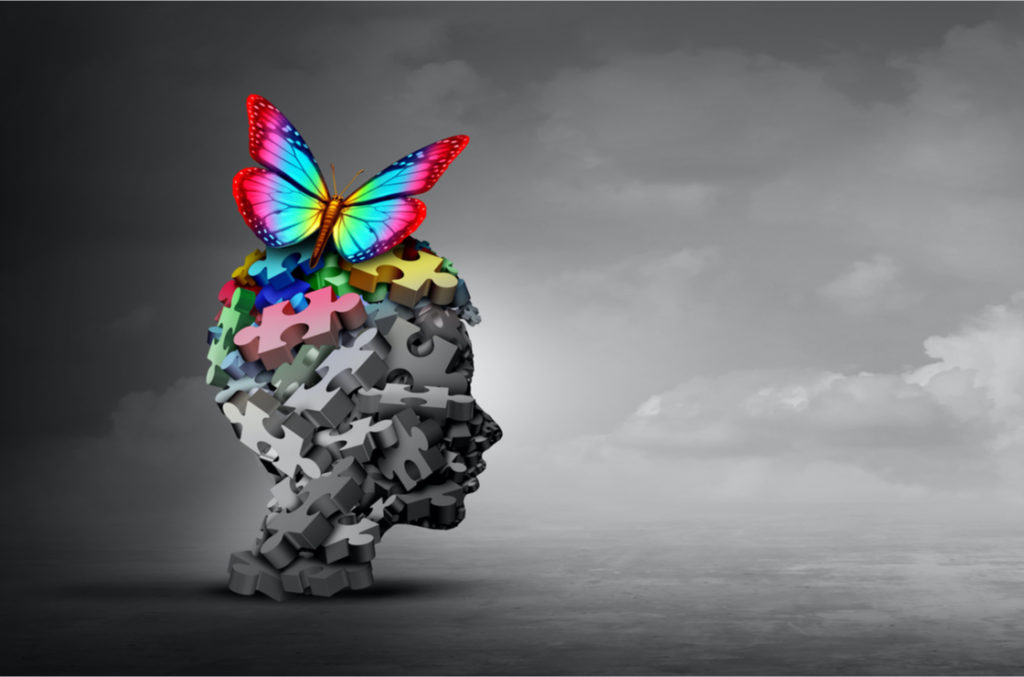 Pain
Pain
Neurodivergent individuals can experience or express pain differently. Pain threshold sometimes differs in Autistic individuals. It is not uncommon that self-harm, headbanging, or biting oneself is something that Autistic individuals seem to tolerate to a higher extent than neurotypical individuals. Presence of endorphins or other opiate-like compounds that dampens this pain has been discovered as something different in Autistic individuals when compared to the neurotypical population. Sometimes pain can present as a deterioration inability to cope.
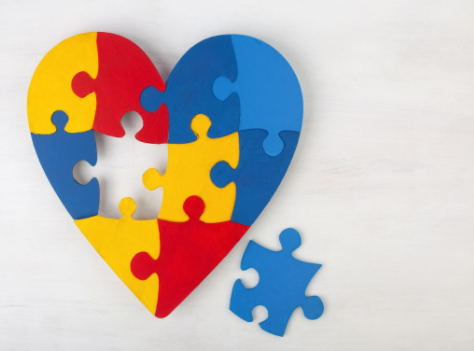 Digestive Symptoms
Digestive Symptoms
Autistic individuals can have a lot of difficulties with their Gastrointestinal tract. As a result symptoms like abdominal pain or bloating causes certain behaviors whose causation is misinterpreted. These GI symptoms can, for example, manifest as a child leaning on their stomach on a furniture to quell the pain.
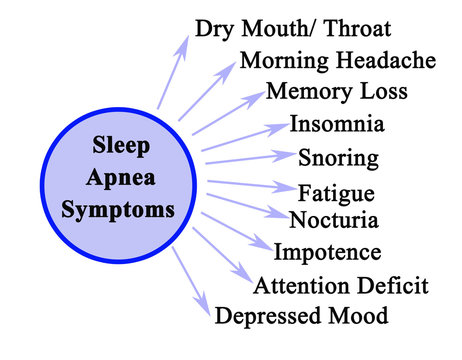
Sleep problems
Pain, Obstructive Sleep Apnea, or other sleep problems can wreak havoc on an Autistic individual’s ability to function during the daytime. Poor sleep can result in poor concentration, poor impulse control, or hyperactivity. It can present as more rigid behaviors as well. Even things like a urinary tract infection can keep an individual up at night hence affecting their functioning.
Nutritional deficiencies 
Sometimes Autistic individuals have a difficult relationship with food. They can be picky or very texture dependent. If an individual eats foods during the day that are deficient in a certain requirement like Vitamin B12, for example. Then over a period of days, the small deficiency in Vitamin B12 will continue increasing. This can happen till there is a clinical deficiency and as a result difficulty with neurotransmitter synthesis or biotransformation.
Seizures 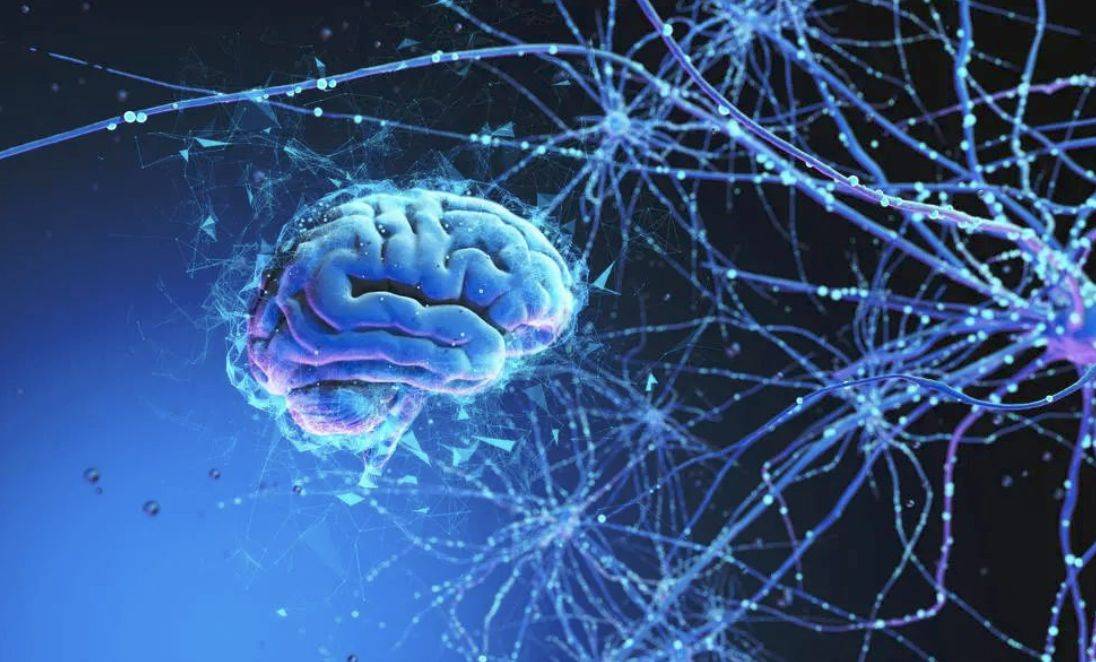
Seizures are more common in Autistic individuals than the general population. Sometimes panic, automatic behaviors are a result of seizures that do not present as typical tonic-clonic.
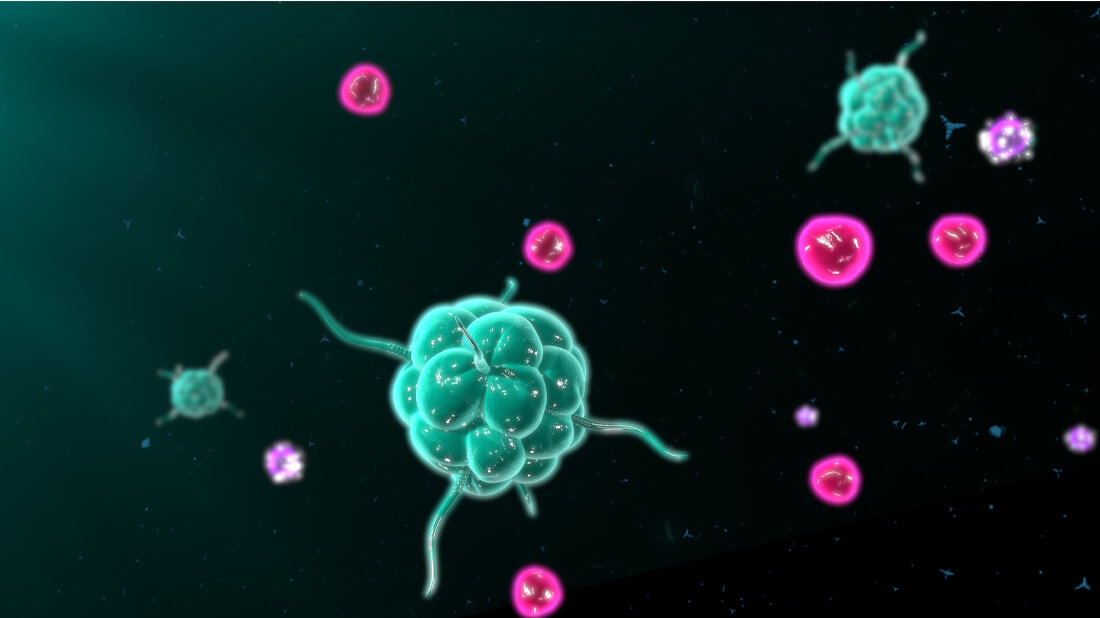
Immune system
The immune system of Autistic individuals has been attracting the attention of researchers. Sometimes there are autoimmune phenomena that an individual is going through. Sometimes there are infections that are present that are difficult to catch.
Optimal functioning
An individual with Autism will often need life habits that optimize that particular individual. Measuring the needs of a neurodivergent individual by the standard needs of a neurotypical individual can sometimes result in a disservice to the Neurodivergent individual. For example, some nutrients are required in higher doses for optimal functioning of an Autistic individual. Similarly, it is possible that the need for exercise or sleep regularity is much more in an Autistic individual than in a non-Autistic individual. It is therefore important to keep a “wholistic philosophy”, understanding that all systems are interconnected. Treatment of an Autistic individual as a whole including mind, body, and social factors is more likely to produce favorable results.
